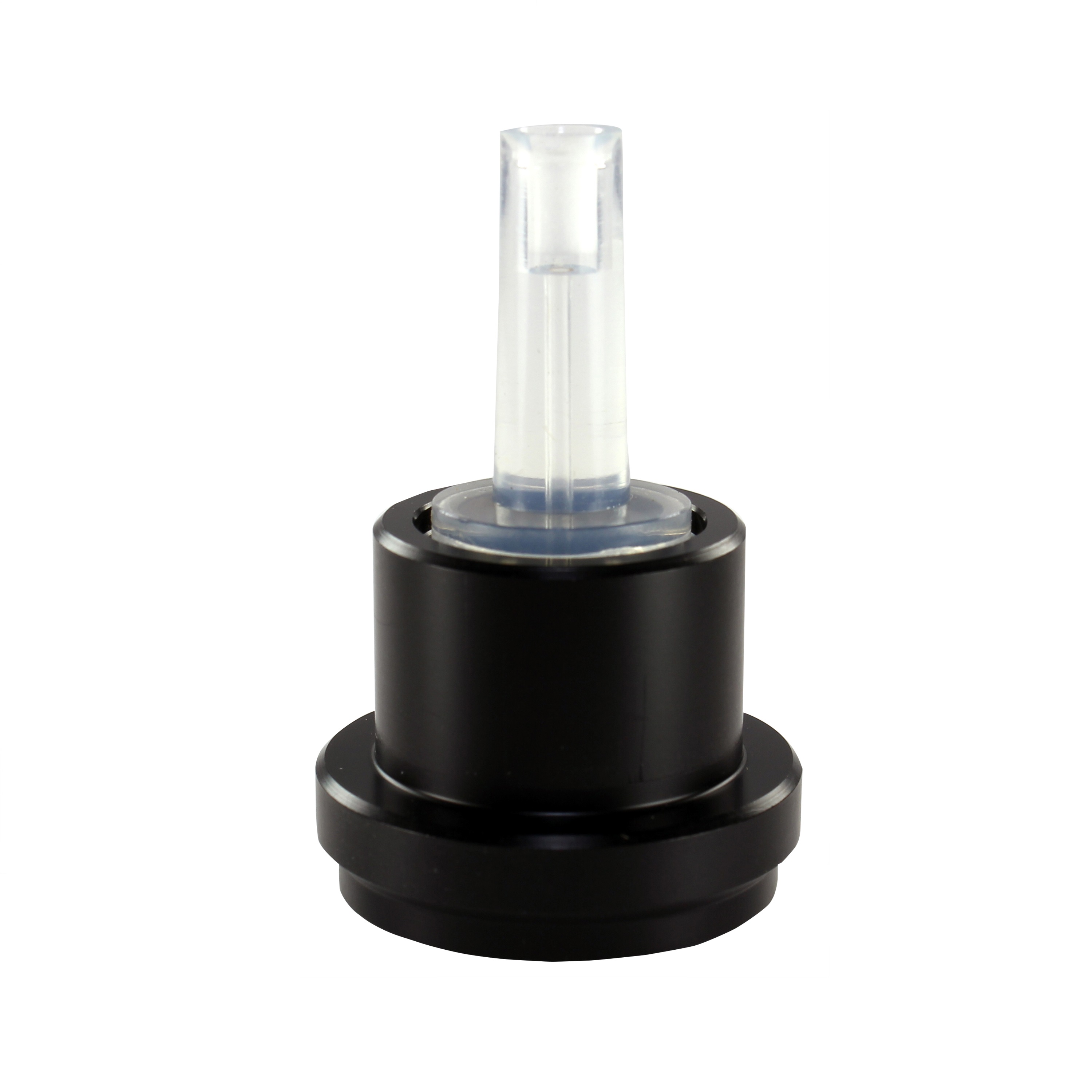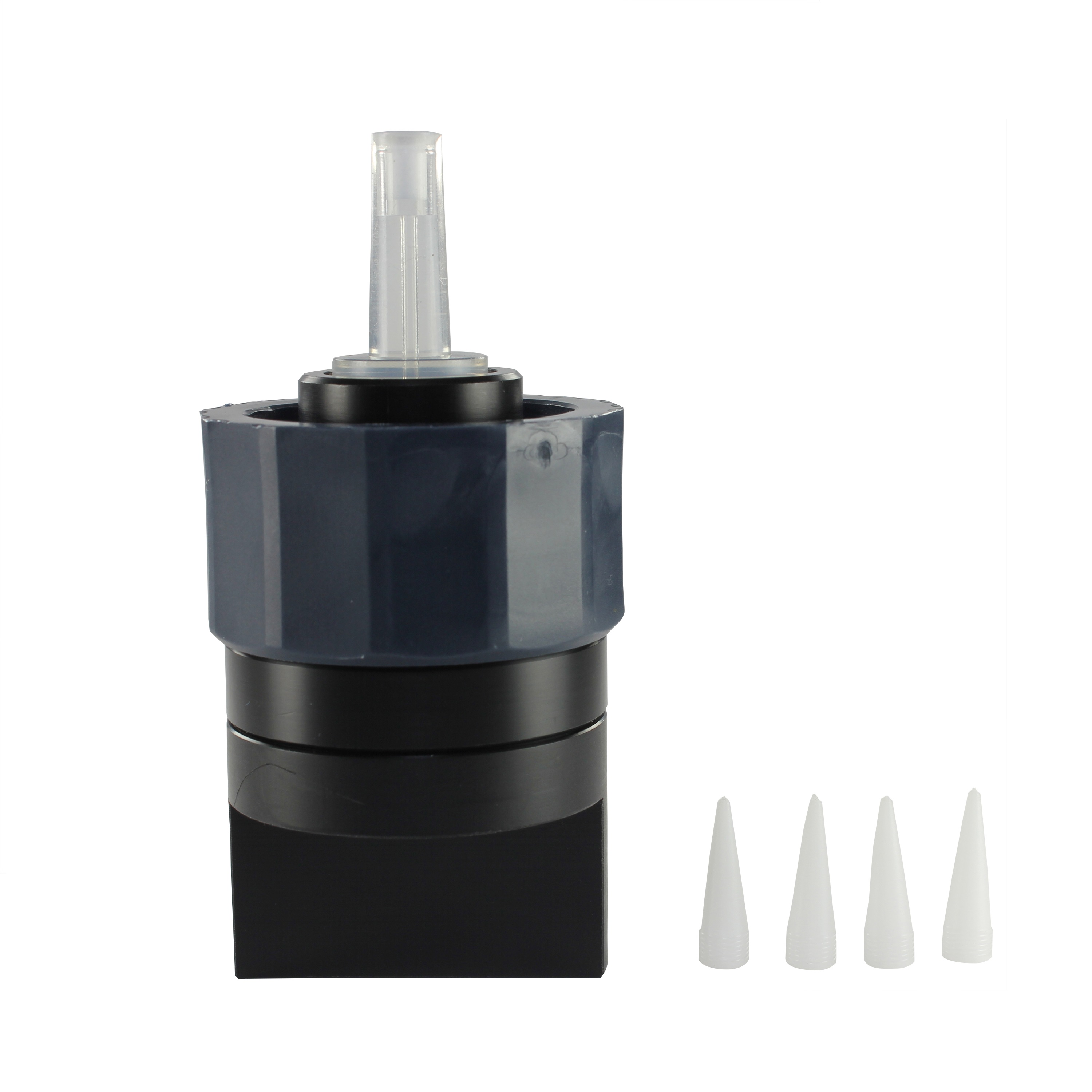Let’s cut straight to the chase here, folks. If you’ve been scrolling through social media or lurking on forums, chances are you’ve stumbled upon something called “leak pepette.” Now, this term has been swirling around the internet like a storm, and it’s time we unpack what it really means. But before we dive deep, let me just say—this is not your average gossip piece. We’re talking about something bigger, something that could change the way you see the online world.
So, what exactly is a “leak pepette”? At first glance, it sounds like one of those terms that only tech-savvy people or hackers would know. But trust me, this topic affects everyone, even if you’re just casually browsing the web. It’s all about data, privacy, and how our personal information is handled—or mishandled—in this digital age.
Now, if you’re thinking, “Why should I care about some random leak?” hear me out. The truth is, leaks like this can have serious implications for your life. Whether it’s your financial data, personal photos, or even your private conversations, a leak can expose things you’d rather keep hidden. And that’s why we’re here—to break it down for you and help you understand what’s really going on.
- Ahad Raza Mir And Sajal Aly The Rise And Fall Of A Power Couple
- Onlyfans Creators Under Siege The Vulnerability Of Digital Privacy
What Is a Leak Pepette, Anyway?
Alright, let’s get into the nitty-gritty. A “leak pepette” refers to a specific type of data breach that involves sensitive or private information being exposed online. Think of it as a mini-leak, but don’t let the size fool you—these leaks can pack a punch. It’s like someone leaving your diary open on a public bus, except instead of just your embarrassing teenage musings, it’s your entire digital life out there for the world to see.
Here’s the kicker: leaks like this aren’t always accidental. Sometimes, they’re the result of malicious actors—hackers, scammers, or even insiders—who deliberately exploit vulnerabilities in systems to steal data. And once that data is out there, it’s almost impossible to put the genie back in the bottle.
Why Should You Care About Data Leaks?
Let’s be real here. If you’re not paying attention to data leaks, you’re doing yourself a huge disservice. Here’s why:
- Revolutionizing Iot Building A Secure Remoteiot Vpc With Raspberry Pi And Aws
- Unveiling The Digital Frontier Navigating The Legitimate And Illicit Realms Of Online Movie Streaming
- Identity Theft: With the right information, someone could impersonate you, open accounts in your name, or even drain your bank account.
- Financial Loss: If your credit card details or banking info gets leaked, you could end up losing a lot of money before you even realize what happened.
- Privacy Invasion: Your personal photos, messages, or even medical records could end up in the wrong hands, leading to embarrassment, harassment, or worse.
And let’s not forget the emotional toll. Discovering that your private information has been leaked can be devastating. It’s like having your house broken into, but instead of losing physical possessions, it’s your digital footprint that’s been violated.
Understanding the Impact of Leak Pepette
Now that we’ve established what a leak pepette is, let’s talk about its impact. Imagine this: you wake up one morning, check your phone, and see notifications blowing up. Friends are tagging you in posts, and you’re suddenly trending—not for something cool, but because your personal data has been dumped online. Sounds like a nightmare, right?
The truth is, leaks like this can have far-reaching consequences. They can damage reputations, ruin relationships, and even lead to legal trouble. And it’s not just individuals who are affected—companies can also suffer from data breaches, losing customers’ trust and facing hefty fines.
How Do These Leaks Happen?
Here’s where things get interesting. Data leaks don’t just happen out of the blue. There are usually specific factors that contribute to them:
- Poor Security Practices: Companies that don’t invest in robust cybersecurity measures are more vulnerable to attacks.
- Human Error: Sometimes, it’s as simple as an employee clicking on a phishing link or misplacing a device with sensitive data.
- Hacking: Skilled hackers can exploit vulnerabilities in systems to gain unauthorized access to data.
And let’s not forget social engineering. This is when attackers manipulate people into giving away sensitive information, often through cleverly crafted scams or fake emails.
Protecting Yourself from Leak Pepette
So, how do you avoid becoming a victim of a leak pepette? The good news is, there are steps you can take to protect yourself:
Step 1: Strengthen Your Passwords
Let’s face it, most of us are guilty of using weak passwords or reusing the same ones across multiple accounts. But this is a recipe for disaster. Here’s what you should do:
- Use strong, unique passwords for each account.
- Enable two-factor authentication (2FA) wherever possible.
- Consider using a password manager to keep track of all your credentials.
Step 2: Stay Vigilant Online
The internet is a wild place, and not everyone has your best interests at heart. Here’s how you can stay safe:
- Avoid clicking on suspicious links or downloading files from unknown sources.
- Be cautious when sharing personal information online, even on trusted platforms.
- Regularly update your software and apps to patch any security vulnerabilities.
Step 3: Monitor Your Accounts
Keeping an eye on your accounts can help you catch any suspicious activity early. Here’s how:
- Set up alerts for unusual transactions or login attempts.
- Review your account activity regularly for anything out of the ordinary.
- Consider using a credit monitoring service to keep tabs on your financial health.
Real-Life Examples of Leak Pepette
To give you a better understanding of how serious these leaks can be, let’s look at some real-life examples:
Example 1: The Mega Corp Breach
Back in 2020, a major corporation suffered a massive data breach that exposed the personal information of millions of customers. From email addresses to Social Security numbers, everything was up for grabs. The company faced lawsuits, lost customers, and had to spend millions on damage control.
Example 2: The Celebrity Photo Scandal
Remember when a bunch of celebrities had their private photos leaked online? That was a prime example of a leak pepette gone viral. It sparked a global conversation about privacy and the need for stronger data protection laws.
The Role of Governments and Regulators
When it comes to data leaks, governments and regulators have a crucial role to play. They set the rules and enforce penalties for companies that fail to protect user data. But how effective are these measures?
On one hand, laws like GDPR in Europe and CCPA in California have made significant strides in protecting consumer privacy. They require companies to be transparent about how they collect and use data, and impose hefty fines for violations.
On the other hand, enforcement can be inconsistent, and many companies still fall short of meeting these standards. That’s why it’s important for individuals to take responsibility for their own data security.
What Can Governments Do Better?
Here are a few suggestions for improving data protection:
- Implement stricter penalties for companies that neglect user privacy.
- Invest in cybersecurity education and awareness programs.
- Encourage collaboration between governments, businesses, and tech experts to develop better solutions.
The Future of Data Privacy
As technology continues to evolve, so too will the challenges of data privacy. But there’s hope. Innovations like blockchain and decentralized systems offer promising solutions for securing data in the future.
At the same time, it’s up to all of us to stay informed and proactive about our digital lives. Whether it’s through learning more about cybersecurity or advocating for stronger privacy laws, we all have a part to play in shaping the future of data protection.
How You Can Make a Difference
Here’s how you can contribute to a safer digital world:
- Spread awareness about data privacy and the risks of leaks.
- Support companies and organizations that prioritize user privacy.
- Get involved in advocacy efforts to push for better data protection laws.
Conclusion: Taking Control of Your Digital Life
And there you have it, folks. The world of leak pepette might seem overwhelming, but armed with knowledge and the right tools, you can protect yourself from the chaos. Remember, your data is valuable, and it’s worth fighting for.
So, what’s next? Take action. Strengthen your passwords, stay vigilant online, and keep an eye on your accounts. And don’t forget to share this article with your friends and family—knowledge is power, and together, we can make the internet a safer place.
Oh, and one last thing—leave a comment below and let us know what you think about data privacy. Are you concerned about leaks? What steps are you taking to protect yourself? Let’s keep the conversation going!
Table of Contents
- What Is a Leak Pepette, Anyway?
- Why Should You Care About Data Leaks?
- Understanding the Impact of Leak Pepette
- How Do These Leaks Happen?
- Protecting Yourself from Leak Pepette
- Real-Life Examples of Leak Pepette
- The Role of Governments and Regulators
- The Future of Data Privacy
- Conclusion: Taking Control of Your Digital Life
- The Dark Side Of Online Fame A Cautionary Tale Of Kamo Bandz
- Unveiling The Digital Dilemma Mckinley Richardson And The Erosion Of Privacy


